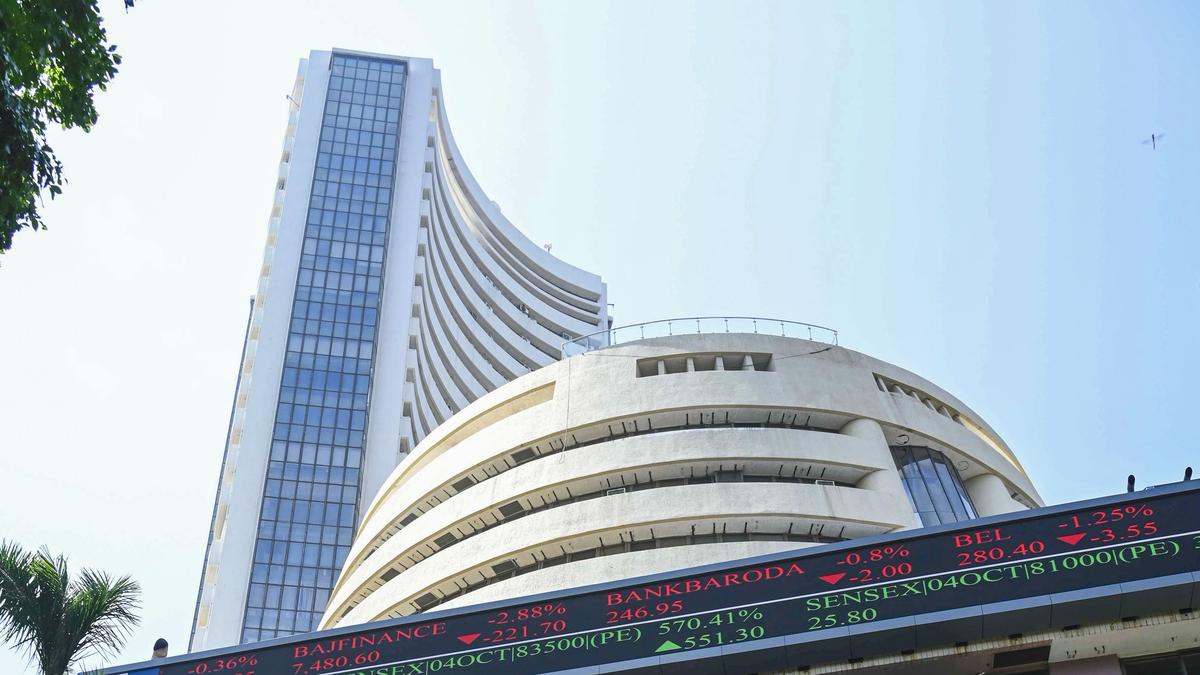Budget 2025: The government is expected to provide some relief to personal income taxpayers in the Union Budget for FY2026, according to a report by ICRA. While the report predicts minor tax relief measures, it notes that these are unlikely to significantly impact revenue collections. This cautious approach aims to maintain stable and predictable tax inflows. It said “While there may be some tax relief to personal income taxpayers in the Budget, ICRA believes that its impact on revenues is unlikely to be material, to ensure stable and predictable tax flows in the fiscal”.
Meanwhile, indirect taxes are projected to grow by 9 per cent, with GST collections expected to rise by 10.5 per cent. Customs duty inflows are forecast to grow at a modest 5 per cent, though uncertainty looms due to potential US tariff changes. The report also added that the overall growth in gross tax revenue (GTR) for FY2026 is expected to slightly surpass the nominal GDP growth forecast of 10 per cent, implying a tax buoyancy of 1.1.
Fiscal deficit expected to come down
The report highlighted a likely reduction in revenue deficit but anticipates an increase in the fiscal deficit in value terms to Rs 16 trillion in FY2026, compared to Rs 15.4 trillion in FY2025. However, as a percentage of GDP, the fiscal deficit is expected to come down to 4.5 per cent from 4.8 per cent in FY2025, supported by fiscal consolidation measures.
“ICRA awaits a forward-looking guidance on fiscal deficit targets or Central Government debt/GDP, even as the recommendations by the 16th Finance Commission will also be key, which may be released later in the fiscal,” said the report.
On capital expenditure, ICRA expects a capex of approximately Rs 11 trillion for FY2026, which is in line with the previous year’s budget announcements, but 12-13 per cent higher than the expected expenditure of Rs 9.7 trillion in FY2025. This capex push aligns with the government’s focus on boosting manufacturing, generating employment, and enhancing skill development to counter the slowdown in urban consumption and investment activity witnessed in FY2025.
The report also underlined the importance of non-tax revenues, particularly the Reserve Bank of India’s (RBI) dividend, in shaping the fiscal deficit and creating additional space for capex in FY2026. The upcoming budget is likely to prioritize economic growth while adhering to fiscal discipline, ensuring the long-term sustainability of public finances.




